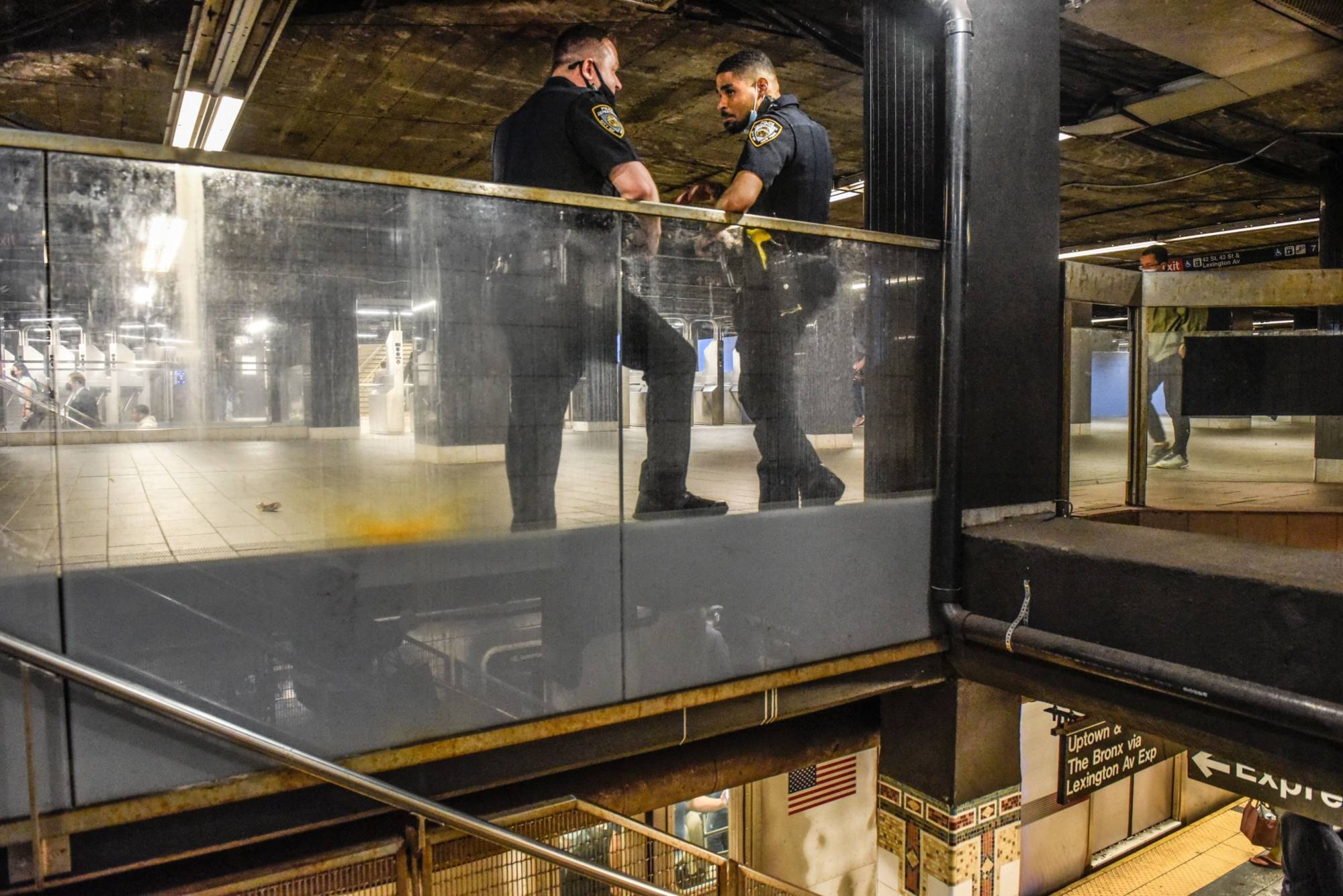A new computer algorithm can now forecast crime in a big city near you — apparently.
The algorithm, which was formulated by social scientists at the University of Chicago and touts 90% accuracy, divides cities into 1,000-square-foot tiles, according to a study published in Nature Human Behavior. Researchers used historical data on violent crimes and property crimes from Chicago to test the model, which detects patterns over time in these tiled areas tries to predict future events. It performed just as well using data from other big cities, including Atlanta, Los Angeles and Philadelphia, the study showed.
The new tool contrasts with previous models for prediction, which depict crime as emerging from "hotspots” that spread to surrounding areas. Such an approach tends to miss the complex social environment of cities, as well as the nuanced relationship between crime and the effects of police enforcement, thus leaving room for bias, according to the report.


















With your current subscription plan you can comment on stories. However, before writing your first comment, please create a display name in the Profile section of your subscriber account page.